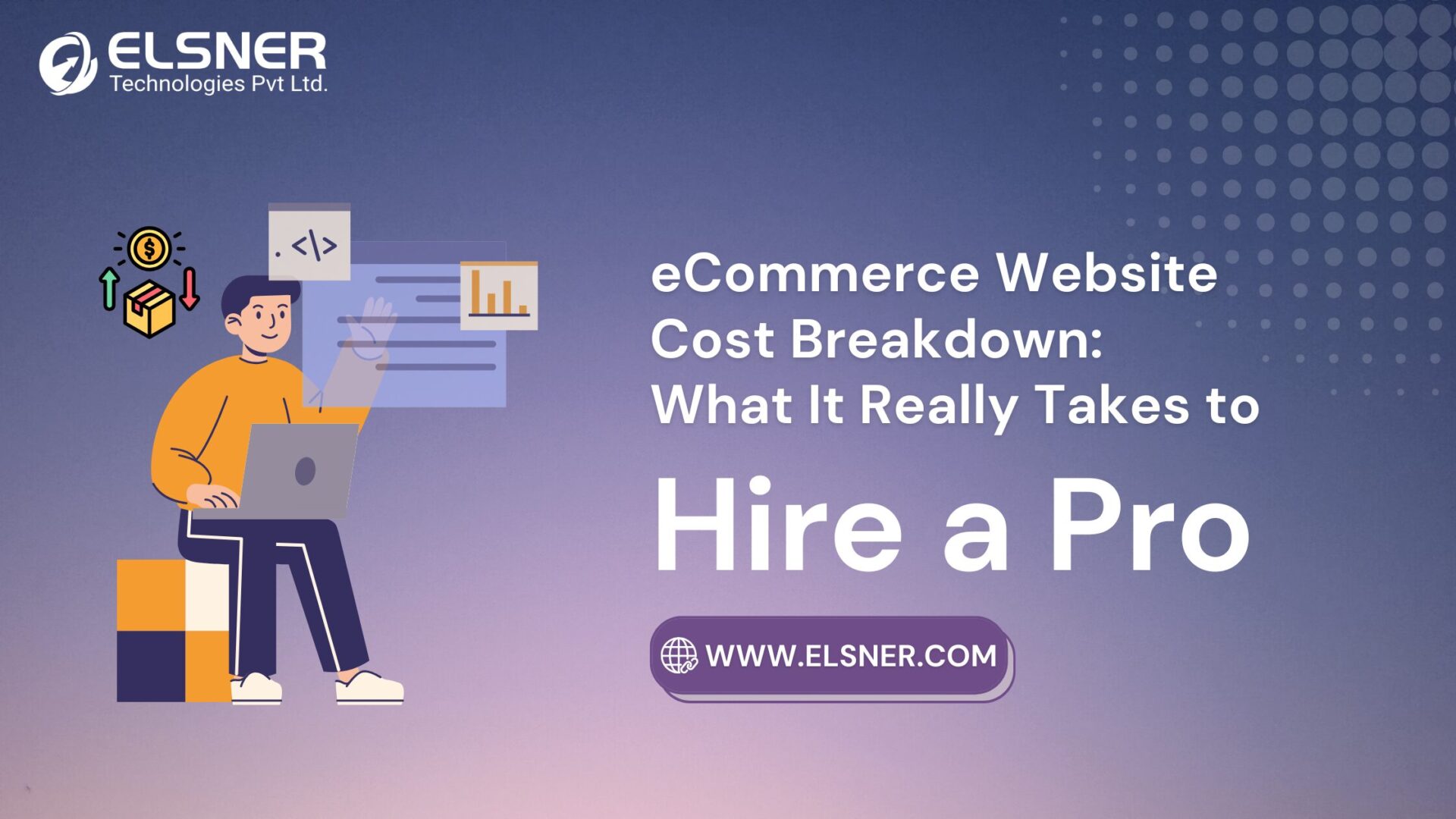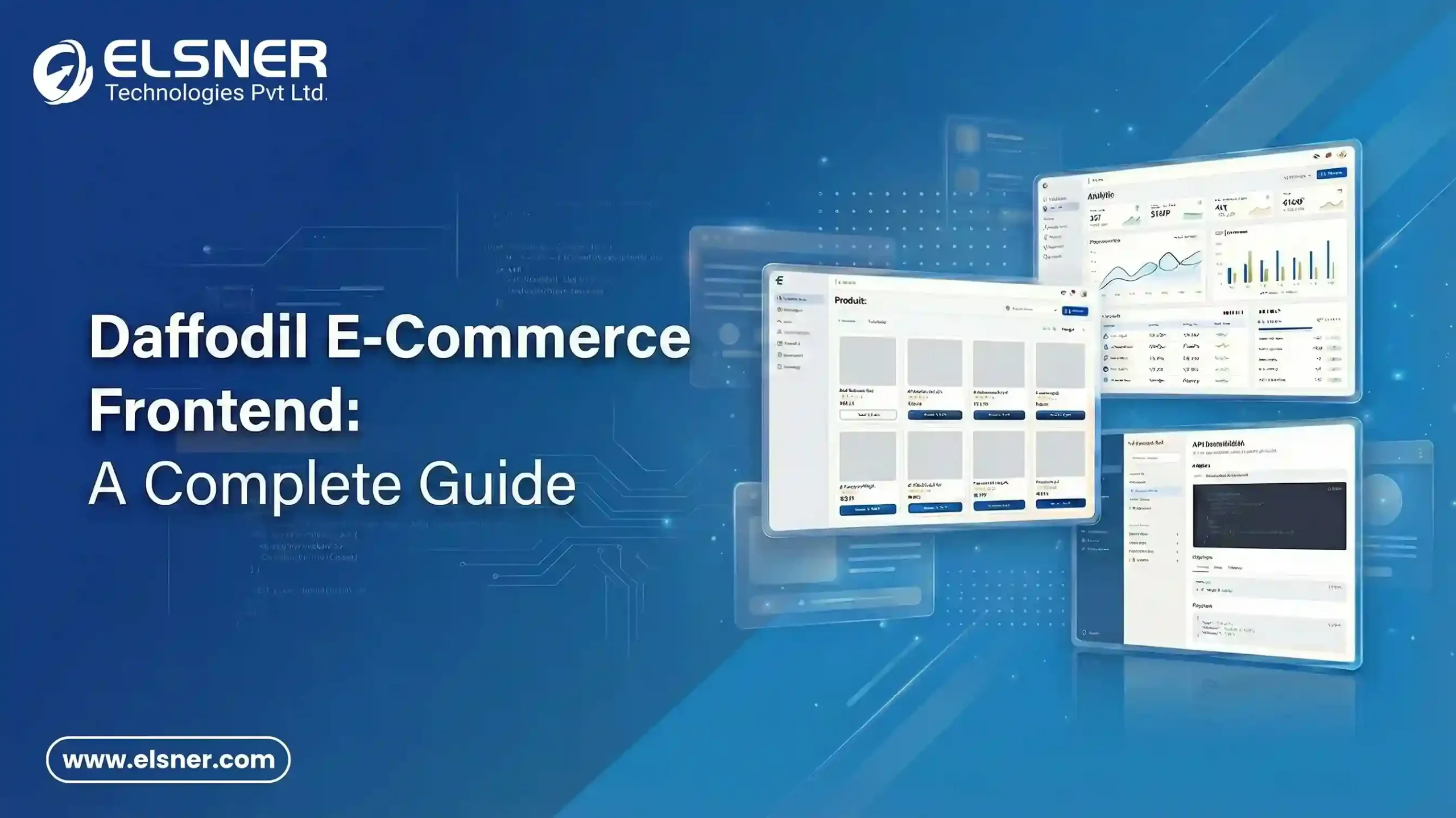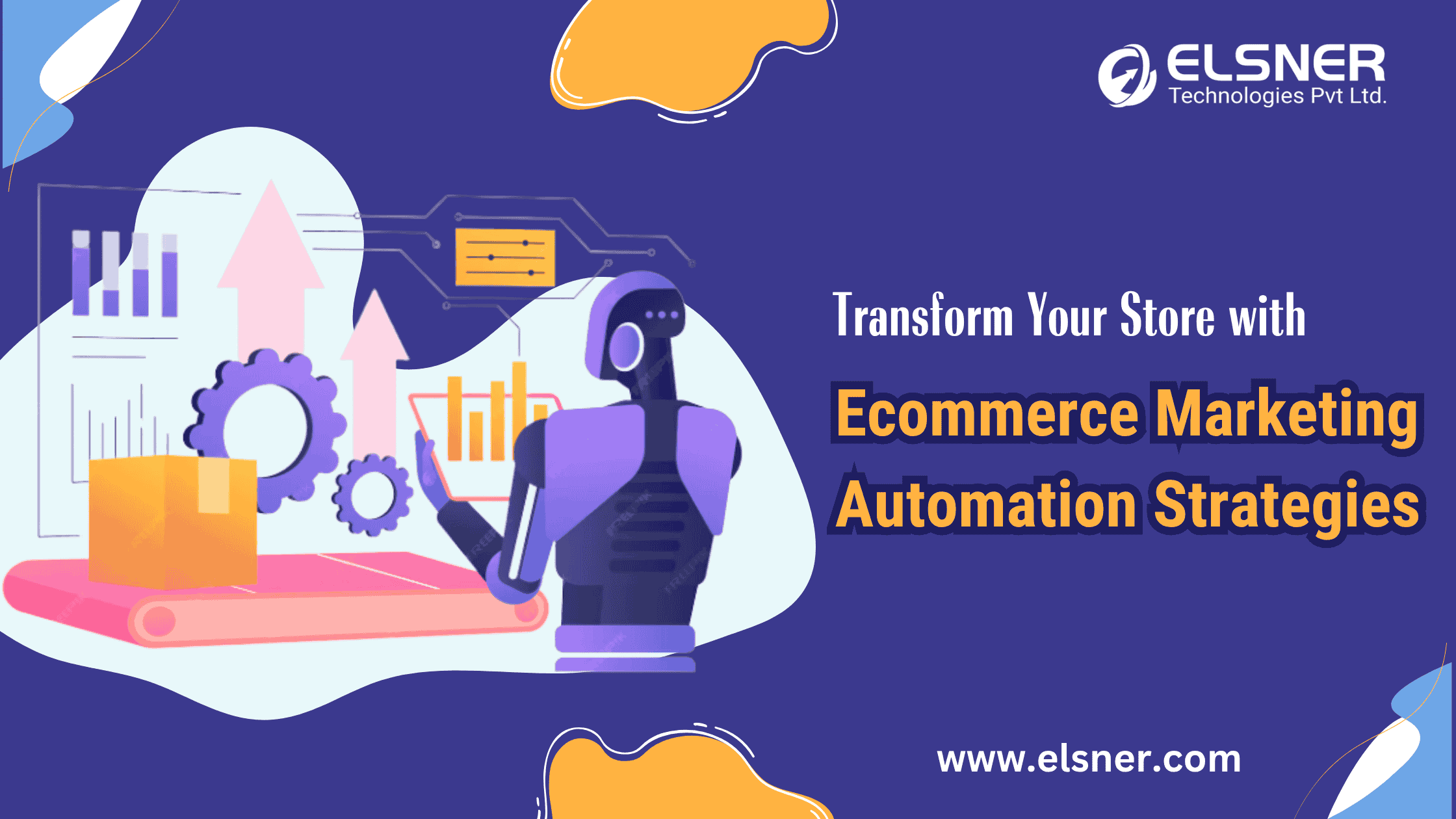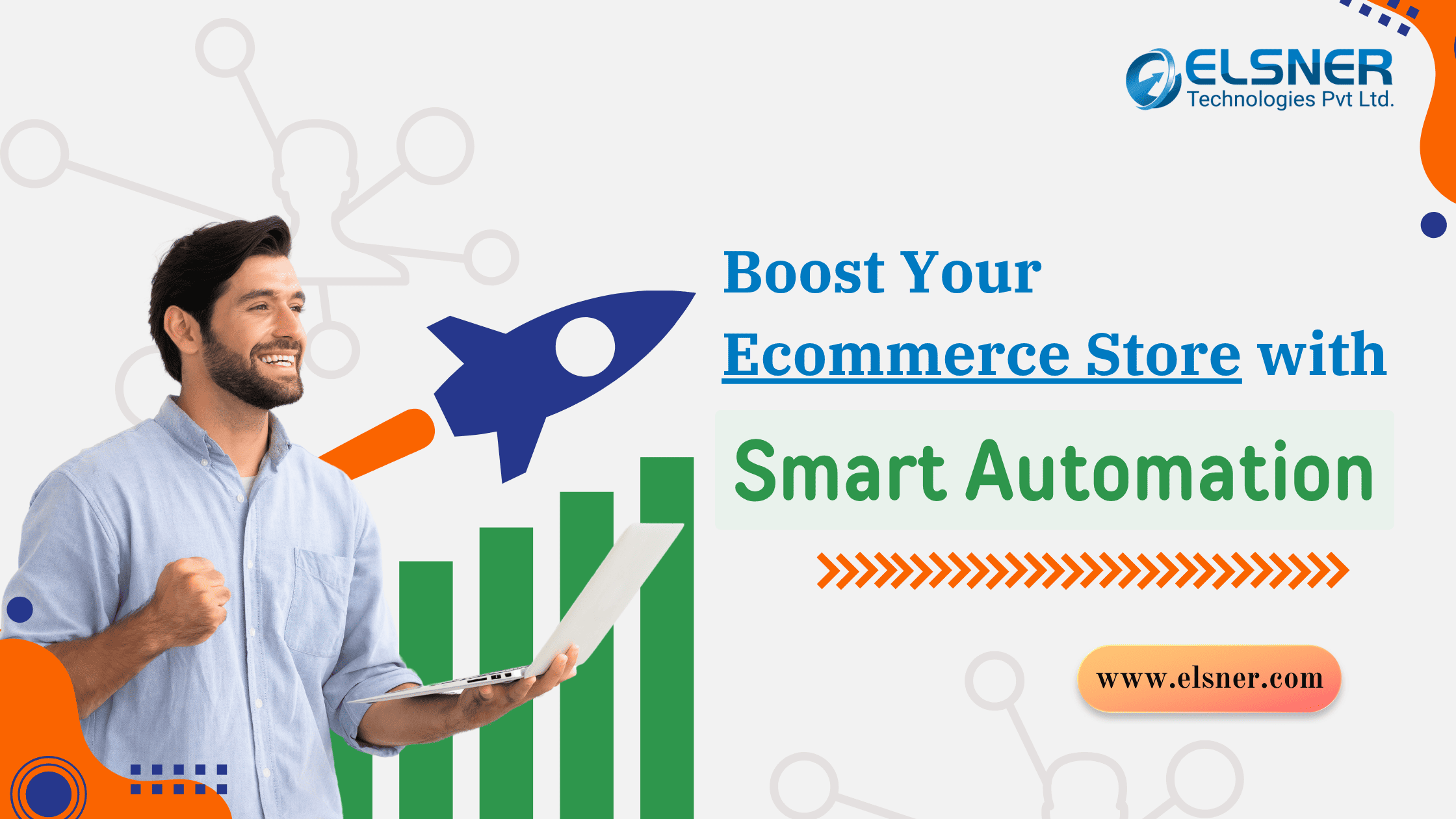- What Does eCommerce Website Development Include?
- Factors That Affect eCommerce Website Costs
- a. Platform Choice
- b. Website Complexity
- c. Developer Expertise
- d. Design & Branding
- e. Ongoing Maintenance & Support
- Average eCommerce Website Cost Breakdown
- Platform-Specific Pricing Overview
- Magento (Adobe Commerce)
- WooCommerce
- BigCommerce
- Custom Solutions
- Hidden Costs to Consider
- How to Budget Smartly
- Choosing the Right Developer
- Why Hiring a Professional Matters
- FAQs
- 1. How much does an eCommerce website cost?
- 2. Which platform is best for my eCommerce website?
- 3. Should I hire a freelancer or an agency?
- 4. What hidden costs should I be aware of?
- 5. Do I need a specialized developer for each platform?
TL;DR — eCommerce Website Development Cost at a Glance
- Average Cost: $3,000 – $30,000+ depending on platform, design, and functionality
- Best Platforms: Magento, WooCommerce, BigCommerce
- Developer Options: Freelancer, Agency, In-house
- Full-Service Solution: Partner with a trusted Ecommerce Development Company for reliable results.
In today’s digital-first world, an eCommerce website is more than just a storefront — it’s a brand statement, a sales engine, and a key customer touchpoint. But before investing in your online business, you probably ask:“How much does it cost to hire someone to build an eCommerce website?”The cost varies depending on your business goals, the platform you choose, the complexity of your site, and the expertise of your development partner. This guide breaks it all down, helping you understand the real investment behind a professional online store.
What Does eCommerce Website Development Include?
When you hire a professional Ecommerce Development Company, you are investing in a comprehensive solution that includes:
- Design & UI/UX: Custom themes, responsive layouts, and branding alignment
- Platform Development: Shopify, WooCommerce, BigCommerce, or Magento
- Features & Functionality: Payment gateways, product filters, loyalty programs, and inventory management
- Hosting & Maintenance: Secure servers, backups, and ongoing technical support
- SEO & Marketing Tools: Built-in optimizations, analytics, and integration with digital marketing platforms
All of these factors influence the overall cost — building a simple site is one thing, but creating a revenue-driving eCommerce platform requires strategy and expertise.
Factors That Affect eCommerce Website Costs
a. Platform Choice
Your choice of platform has a significant impact on cost:
| Platform | Best For | Key Considerations | Developer Type |
| Magento | Enterprise-level stores | Powerful customization, scalability, higher cost | Hire Magento Developer |
| WooCommerce | Small & medium businesses | Flexible, WordPress-based, cost-effective | Hire WooCommerce Developer |
| BigCommerce | Growing brands | Hosted solution, minimal maintenance | Hire BigCommerce Developer |
| Custom Solution | Unique or complex businesses | Fully tailored features, higher cost | Hire eCommerce Developer |
b. Website Complexity
- Number of products & categories
- Custom functionality (marketplace, subscriptions, booking)
- Multi-language or multi-currency requirements
- Third-party integrations
c. Developer Expertise
- Freelancer: Affordable but limited bandwidth
- Agency: Full-service, reliable, project management included
- In-house: Dedicated control but higher long-term overhead
d. Design & Branding
- Template-based designs are cheaper
- Custom UI/UX offers better user experience and higher conversion
e. Ongoing Maintenance & Support
- Updates, security patches, and bug fixes are essential for long-term success
Average eCommerce Website Cost Breakdown
| Component | Approx. Cost (USD) | Description |
| Domain & Hosting | $100 – $500/year | Basic website infrastructure |
| Platform Setup | $500 – $2,000 | Installation, theme selection, initial configuration |
| Design & UI/UX | $1,000 – $5,000 | Template customization or fully custom design |
| Development | $2,000 – $15,000 | Core functionality, integrations, advanced features |
| Plugins & Extensions | $200 – $1,000 | Paid add-ons and third-party integrations |
| Testing & QA | $500 – $2,000 | Performance, usability, cross-browser testing |
| Maintenance & Support | $100 – $500/month | Ongoing updates, troubleshooting, backups |
Platform-Specific Pricing Overview
Magento (Adobe Commerce)
- Open Source: Free, requires hosting and a skilled developer
- Commerce Edition: $22,000+/year license
- Development: $5,000 – $30,000+
- Recommended: Hire Magento Developer for scalability and customization
WooCommerce
- WordPress plugin, open-source
- Development: $3,000 – $10,000
- Ideal for SMEs: Hire WooCommerce Developer to ensure optimized performance
BigCommerce
- Subscription: $39+/month
- Development: $2,000 – $10,000
- Recommended: Hire BigCommerce Developer for integrations and speed
Custom Solutions
- Fully bespoke features, custom integrations
- Cost: $10,000 – $50,000+
- Best for unique business requirements: Hire Ecommerce Developer
Hidden Costs to Consider
- Maintenance & Support: Security, patches, bug fixes
- Marketing & SEO: Content creation, campaigns, analytics
- Security: SSL, firewalls, fraud protection
- Payment Gateway Fees: Transaction costs vary by provider
- Content Management: Product updates, banners, blogs
Ignoring hidden costs can lead to overspending or unexpected delays in launching your store.
How to Budget Smartly
- Define requirements clearly: Features, products, and goals
- Compare multiple quotes: Evaluate value, not just cost
- Prioritize scalability: Ensure platform can grow with your business
- Invest in UX: Better design = higher conversion
- Include post-launch costs: Maintenance, marketing, and SEO
Partnering with a reputable Ecommerce Development Company ensures a transparent pricing structure and optimized results.
Choosing the Right Developer
| Developer Type | Pros | Cons | Avg. Cost Range (USD) |
| Freelancer | Low cost, flexible | Limited capacity, reliability | $1,000 – $8,000 |
| Agency | Full-service, reliable, project management | Higher cost | $5,000 – $30,000+ |
| In-house | Dedicated resources, full control | Salary overhead | $50,000+/year |
Remember: A good developer doesn’t just code — they create a
conversion-driven, scalable eCommerce platform.
Why Hiring a Professional Matters
Hiring a professional ensures:
- Responsive, SEO-friendly, and conversion-optimized site
- Integration with analytics, marketing, and CRM systems
- Secure, fast, and scalable eCommerce store
Whether you Hire Magento Developer, Hire WooCommerce Developer, or Hire Ecommerce Developer, focus on experience, portfolio, and proven results.
FAQs
1. How much does an eCommerce website cost?
The cost typically ranges from $3,000 to $30,000+, depending on the platform, design complexity, and additional features you require. Custom-built or enterprise-level sites may cost more.
2. Which platform is best for my eCommerce website?
It depends on your business needs. Magento is ideal for large enterprises needing extensive customization, WooCommerce is cost-effective for small to medium businesses using WordPress, and BigCommerce is perfect for growing brands seeking a hosted, scalable solution.
3. Should I hire a freelancer or an agency?
Freelancers are generally more affordable for small projects, but agencies provide full-service solutions including strategy, design, development, and ongoing support. For long-term reliability and scalability, agencies are usually the better choice.
4. What hidden costs should I be aware of?
Beyond development, consider costs for hosting, maintenance, security, payment gateways, SEO, and marketing. These can add up and should be included in your budget planning.
5. Do I need a specialized developer for each platform?
Yes. For example, you should Hire Magento Developer for enterprise stores, Hire WooCommerce Developer for WordPress-based stores, and Hire BigCommerce Developer for hosted platforms to ensure proper setup, integrations, and performance optimization.

About Author
Dipak Patil - Delivery Head & Partner Manager
Dipak is known for his ability to seamlessly manage and deliver top-notch projects. With a strong emphasis on quality and customer satisfaction, he has built a reputation for fostering strong client relationships. His leadership and dedication have been instrumental in guiding teams towards success, ensuring timely and effective delivery of services.




